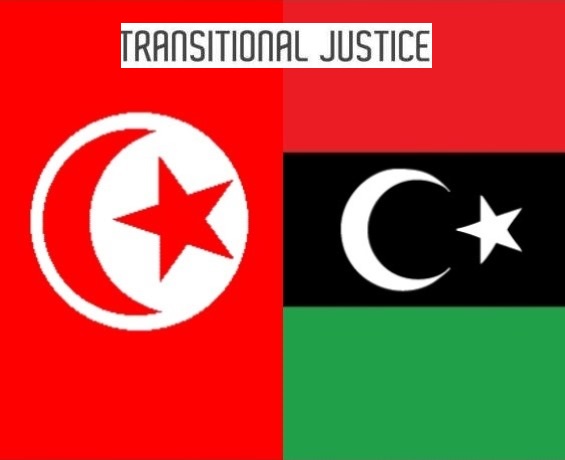Tunis, 18 February 2015
On 18 February 2015, No Peace Without Justice (NPWJ is organising a seminar on “Challenges and priorities of Transitional Justice policies in the Libyan and Tunisian cases”, to be held in Tunis. Participants will include civil society representatives from Libya and Tunisia.
The purpose of this event is to provide a comparative perspective on the key challenges related to the implementation of Transitional Justice policies in Libya and Tunisia, as well as to highlight the upcoming priorities that the two countries will face in the discourse over justice and accountability from civil society’s perspective. In particular, the discussions will focus on civil society’s engagement and contribution to transitional justice in Tunisia, the evolution of transitional justice in Libya and how the Tunisian experience can support and strengthen the work of their Libyan colleagues.
Around 4 years ago, both Tunisia and Libya saw the fall of repressive regimes that had gripped their countries for decades. However, while Tunisia has recently celebrated the successful conclusion of their long transitional process with presidential and parliamentary elections, Libya is now witnessing the most violent and turbulent period of its recent history.
The reasons for the different fates are varied. One element is the role of Tunisian civil society, which has proved to be a critical player in the lead-up to the elections, fostering vibrant discussions on transitional justice and engaging at the social and political level to help develop reconciliation and transitional justice mechanisms that represented the backbone of the success of the Jasmine revolution. The challenges faced by Tunisia during this process, as well as the successes and the failed attempts in other post-revolutionary Arab countries, can be instructive for countries, like Libya, that are still struggling to find a path to establish transitional justice mechanisms likely to support the building of democratic and open political institutions. Even if transitional justice mechanisms need to be adapted and adjusted to local conditions and respond to the needs of citizens on the ground, it is critical to ensure that the lessons learned in different places are made available and shared with those that need them most.
This meeting aims to make a contribution to that essential exchange of ideas by providing opportunity for cross-fertilisation and exchange of experiences and information. It will build upon the conclusions of the “Seminar on commonalities and differences of the Transitional Justice processes in Libya and Tunisia”, organised by No Peace Without Justice (NPWJ) with the support of the Kawakibi Democracy Transition Center (KADEM) in November 2014.
NPWJ project on Libya
NPWJ has been working on the Libyan transition since early 2011, in the framework of its project to support Libya’s democratic transition through justice and accountability. As the country embarks on legislative reforms, the Libyan authorities can break with the legacy of impunity and abuses that typified Gaddafi’s rule with a new respect for the rule of law and a commitment to restoring justice and dignity to victims. Doing so requires not only the investigation and prosecution of the crimes and violence perpetrated during the revolution, but also efforts to confront a history of oppression and human rights abuses that dates back decades under the rule of the former regime.
- For further information, please contact Gianluca Eramo (MENA Program Coordinator) on geramo@npwj.org, or Nicola Giovannini (Press & Public Affairs Coordinator) on ngiovannini@npwj.org or +32 2 548 39 15.
- For further information on the activities of NPWJ in Libya please contact Giulia Cappellazzi on gcappellazzi@npwj.org.



